The Karma of Vocation
10 lectures, Dornach, November 4–27, 1916 (CW 172)
Usually, motivating ourselves to get through the demands of daily life is difficult enough; finding the will to excel is even harder. Our occupations can become routine and boring, leading us to to ask: What is the purpose of my work? Is it merely to satisfy the demands of survival, which in turn simply allows me to keep working? Or is it a matter of more disposable income and consumerism? In the end, it can all seem rather pointless.
In these remarkable talks, Rudolf Steiner takes us behind the scenes of the routine activities of vocation where we are shown how the combined vocational activity of all humanity affects the higher suprasensory realms. This activity mobilizes forces that lead to future worlds, which is the “karma of vocation.” It prepares new worlds in which we will participate.
By understanding this deeper aspect of our daily work, we can bring new meaning to the most insignificant activities. In fact, we begin to understand that no human work is insignificant; it all contributes to grand cosmic processes. Such understanding helps us to bring new enthusiasm to our work and lives.
This book is a translation from German of Das Karma des Berufes des Menschen in Anknüpfung an Gothes Leben. Kosmische und Menschliche Geschichte Band III (GA 172).
C O N T E N T S:
Lecture 1. Nov. 4, 1916
Goethe’s life as spiritual phenomenon and his relationship to our age.
Lecture 2. Nov. 5, 1916
The rhythm in Goethe’s life.
Lecture 3. Nov. 6, 1916
The connection of the soul-spiritual with the physical during sleeping and waking. The involvement of the animal in the wisdom of the world. The relationship of man’s creative activity and vocational work to the total evolution of the earth. Jakob Böhme.
Lecture 4. Nov. 12, 1916
The transformation of vocational life in the beginning of the modern age. Vocational work as a seed for the continuing evolution of the world.
Lecture 5. Nov. 13, 1916
Vocation and official position. Psychoanalysis. The destiny-like formation of life in relation to repeated earthly lives. Aspects of man’s essence and their significance for vocational karma.
Lecture 6. Nov. 18, 1916
Symptomatic study of linkages with destiny: Friedrich Theodor Vischer, Max Eyth, Alfred von Berger.
Lecture 7. Nov. 19, 1916
Hereditary impulses and impulses from previous earthly lives. John Stuart Mill and Alexander Herzen. The activities of occult brotherhoods. Blavatsky and the Theosophical Society. Ku Hung-Ming. The encyclicals of 1864.
Lecture 8. Nov. 25, 1916
The life of Galileo in the light of the problem of destiny. Der rechte Liebhaber des Schicksals [The True Lover of Destiny] by Albert Steffen.
Lecture 9. Nov. 26, 1916
The relationship of the human being to the hierarchies. The conjury of destructive forces from the cosmos by the aberrations of human beings. The removal of divine substance from the word. How can the human being of our time find his way to Christ? James Watt. Modern technology as demonic magic.
Lecture 10. Nov. 27, 1916
Ancestor worship, polytheism, monotheism, and the Mystery of Golgotha. Lucifer and the moon mystery. Mithras and Christ.
About the Author
Rudolf Steiner (1861–1925) was born in the small village of Kraljevec, Austro-Hungarian Empire (now in Croatia), where he grew up (see right). As a young man, he lived in Weimar and Berlin, where he became a well-published scientific, literary, and philosophical scholar, known especially for his work with Goethe’s scientific writings. At the beginning of the twentieth century, he began to develop his early philosophical principles into an approach to systematic research into psychological and spiritual phenomena. Formally beginning his spiritual teaching career under the auspices of the Theosophical Society, Steiner came to use the term Anthroposophy (and spiritual science) for his philosophy, spiritual research, and findings. The influence of Steiner’s multifaceted genius has led to innovative and holistic approaches in medicine, various therapies, philosophy, religious renewal, Waldorf education, education for special needs, threefold economics, biodynamic agriculture, Goethean science, architecture, and the arts of drama, speech, and eurythmy. In 1924, Rudolf Steiner founded the General Anthroposophical Society, which today has branches throughout the world. He died in Dornach, Switzerland.
Olin D. Wannamaker (1875–1974) was born in Bamberg, South Carolina in the aftermath of the Civil War. One of eleven children, he received an M.A. at Vanderbilt University in Nashville and completed a year of postgraduate work at Harvard, focusing on philosophy and German and Greek languages. Having accepted an educational post in China, in 1902 he founded a high school near Canton that eventually became a university. He also oversaw the construction of roads and bridges while in China. He soon met and married Katherine Hume. A year later, they returned to the U.S., where he joined the faculty of the Auburn Polytechnic Institute in 1912. During World War I, he edited a newspaper for American soldiers in Italy, where he and his family lived for several years. In the Early 1920s, he became interested in Anthroposophy and joined the Society in 1923, enrolling is daughter of eleven in a Waldorf school and moved to Dornach, Switzerland. Olin Wannamaker soon became involved in the spiritual life at the Goetheanum, publishing the American Newsletter. After returning to the U.S., he served as chair of the Anthroposophical Society in America from 1958 to 1962. After a busy period of lecturing and writing, he died on Easter Sunday at the age of 98.

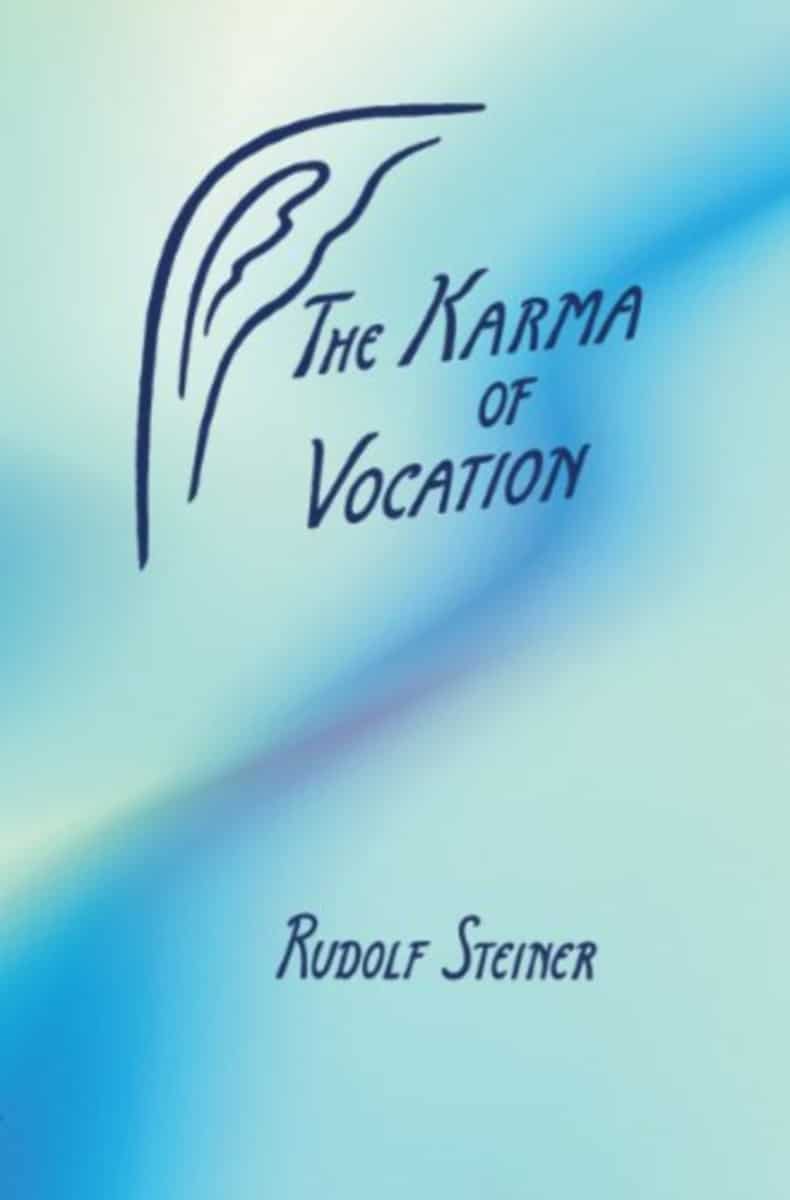
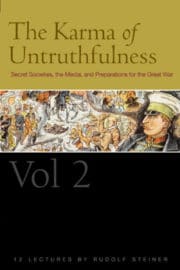
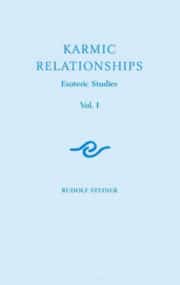


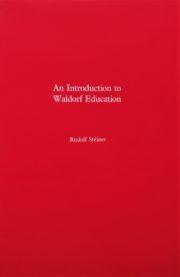
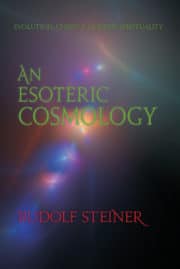

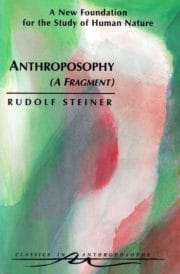
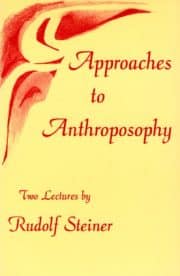
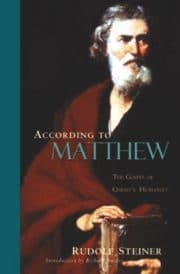

Reviews
There are no reviews yet